Entry Category: Education
 Brinkley High School
Brinkley High School
Brooks, Ida Josephine
Brough, Charles Hillman
Brown, Floyd B.
Brown, J. L.
aka: James Lafayette Brown
Brown, John Elward
 John Elward Brown
John Elward Brown
 John Elward Brown
John Elward Brown
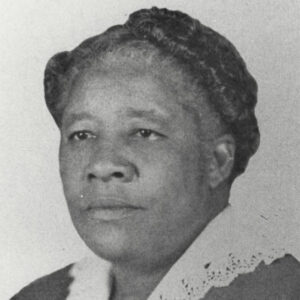 Lillian Brown
Lillian Brown
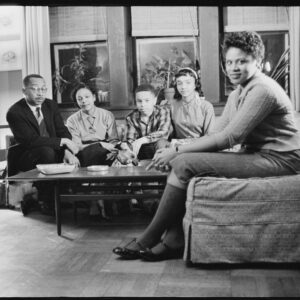 Minnijean Brown and Clarks
Minnijean Brown and Clarks
Brown, Walter Lee
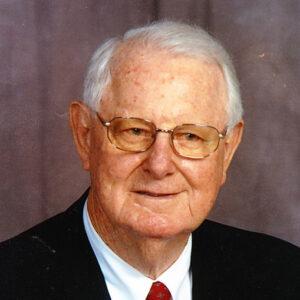 Walter Lee Brown
Walter Lee Brown
Brownderville, Greg Alan
 Brumfield at First Base
Brumfield at First Base
 Brumfield Card
Brumfield Card
 Brumfield Hall of Fame Certificate
Brumfield Hall of Fame Certificate
 Brumfield with Kenosha Comets
Brumfield with Kenosha Comets
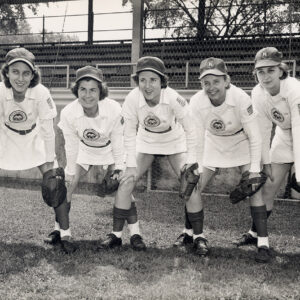 Brumfield with Kenosha Comets
Brumfield with Kenosha Comets
Buckner College
Buford School Building
 Buildings of Arkansas
Buildings of Arkansas
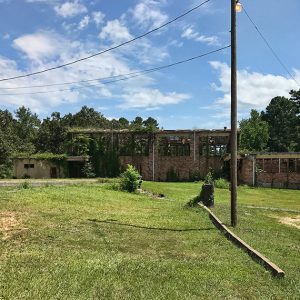 Bunche School Gym
Bunche School Gym
Burrow v. Pocahontas School District
 Cabot Delegates
Cabot Delegates
 Cabot Delegates
Cabot Delegates
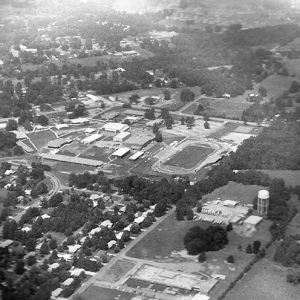 Cabot High School
Cabot High School
Caddo Valley Academy
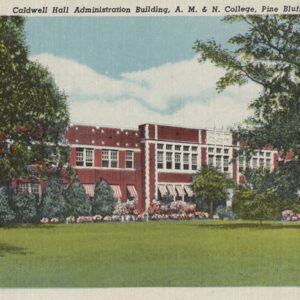 Caldwell Hall
Caldwell Hall
Calico Rock Home Economics Building
 Campus Center
Campus Center
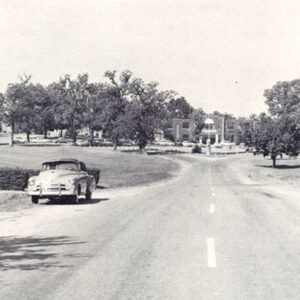 Campus Entrance; 1957
Campus Entrance; 1957
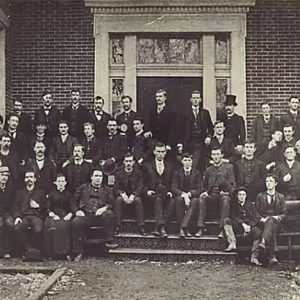 Cane Hill Class
Cane Hill Class
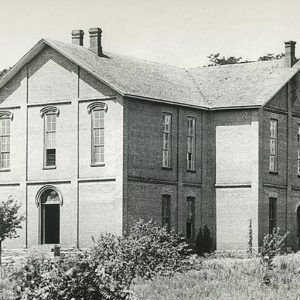 Cane Hill College
Cane Hill College
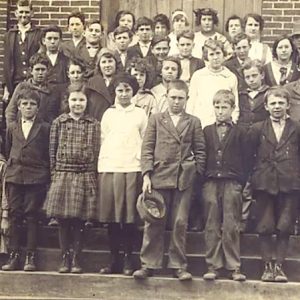 Cane Hill College
Cane Hill College
Cane Hill College
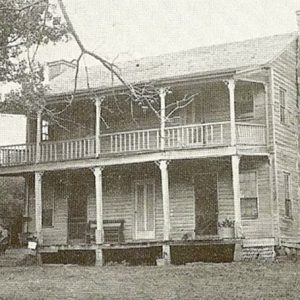 Cane Hill College Dormitory
Cane Hill College Dormitory
 Capital Citizens' Council Graphic
Capital Citizens' Council Graphic
Capital Citizens’ Council (CCC)
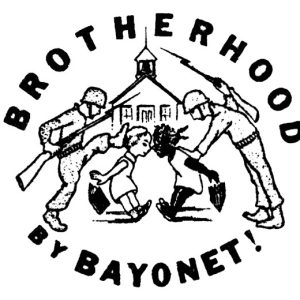 Capital Citizens' Council Graphic
Capital Citizens' Council Graphic
 Capital Citizens' Council Meeting
Capital Citizens' Council Meeting
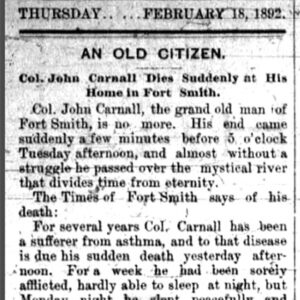 Carnall Obituary
Carnall Obituary
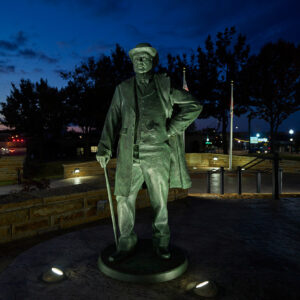 Carnall Statue
Carnall Statue
Carnall, John
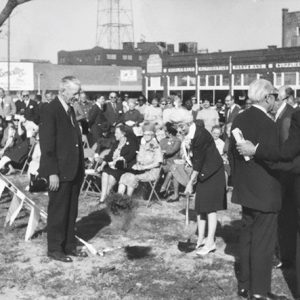 Carnegie Library Groundbreaking
Carnegie Library Groundbreaking
Carnegie Libraries
Carter, Vertie Lee Glasgow
Case, Sarah Esther
Catholic High School for Boys (CHS)
aka: Little Rock Catholic High School for Boys
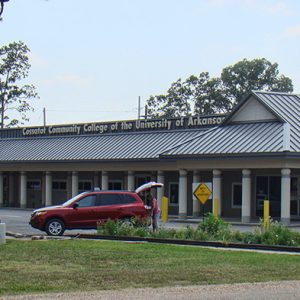 CCCUA Campus
CCCUA Campus




